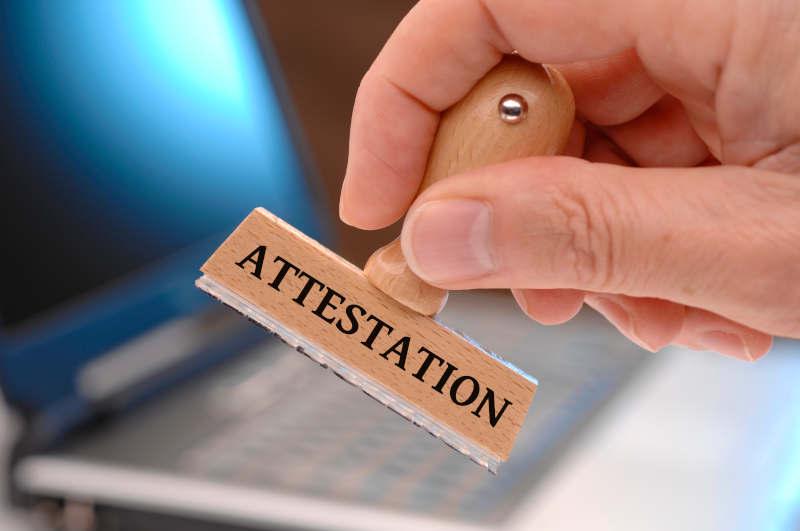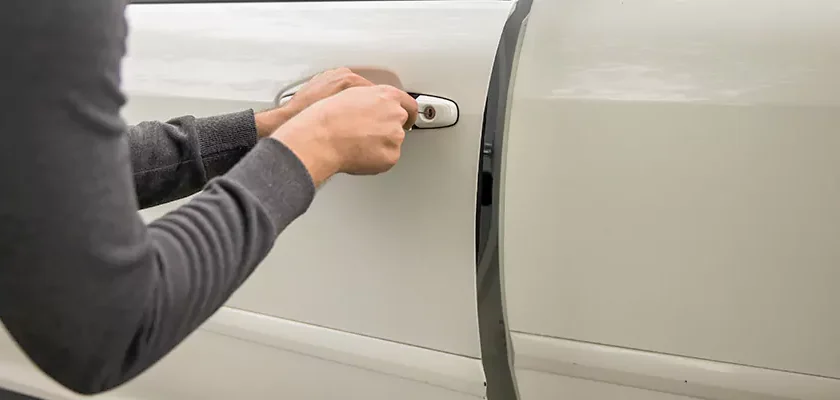The importance of certificate attestation must be balanced. With proper attestation, foreign governments, educational institutions, and employers may recognize your documents as valid. This can lead to many complications, including visa rejections, job denials, or rejection of admission applications to foreign universities. To navigate this intricate process successfully, it is crucial to comprehend the legal aspects and steps involved in Indian Certificate Attestation .
The Legal Aspects of Certificate Attestation
Legislation Governing Certificate Attestation
Certificate attestation in India is governed by a set of laws and regulations that have been put in place to ensure the authenticity of documents. The primary legislation that lays the foundation for this process is the Indian Evidence Act 1872. This act provides the legal framework for accepting attested documents as evidence in legal proceedings.
The Ministry of External Affairs (MEA) also plays a pivotal role in overseeing and regulating the attestation process. The MEA has set guidelines and rules to be followed when attesting various documents.
The Role of the Ministry of External Affairs
The Ministry of External Affairs is the central authority responsible for authenticating documents for use abroad. It operates through a network of regional and branch secretariats across India. The MEA’s Attestation and Apostille Cell is the designated body that verifies the authenticity of documents and provides the necessary attestation.
The MEA attestation is the second step in the certificate attestation process, following verification at the state level. It is a critical step to ensure that foreign authorities recognize the document.
The Attestation Process Step by Step
Verification at the State Level
The first step in the certificate attestation process is verifying documents at the state level. Depending on the document type, this involves getting your documents verified by the respective State Home Department or Human Resource Department. For educational certificates, the State Education Department handles the verification.
Attestation by the Ministry of External Affairs
Once your documents are verified at the state level, the next step is attestation by the Ministry of External Affairs (MEA). The MEA attestation is a central process that authenticates the document for use in foreign countries. It is important to note that the MEA only attests to papers verified by the relevant state authorities.
Embassy Attestation
After obtaining the MEA attestation, if the destination country requires further validation, the document must be attested by the embassy or consulate of that country in India. Embassy attestation is necessary for documents such as employment visas, student visas, and legal purposes in the destination country.
Types of Certificates that Require Attestation
Educational Certificates
Educational certificates, including degrees, diplomas, and transcripts, often require attestation when individuals plan to pursue higher education in foreign universities or seek employment abroad. Attestation ensures that educational institutions and employers in other countries recognize these certificates.
Personal Documents
Personal documents such as birth certificates, marriage certificates, and affidavits may also need attestation for various purposes, including visa applications, immigration, and family-related matters in foreign countries.
Commercial Documents
For business transactions and legal matters involving Indian companies abroad, commercial documents like certificates of incorporation, partnership deeds, and power of attorney may require attestation to establish their authenticity.
Significance of Certificate Attestation
For Employment Abroad
Certificate attestation is of paramount importance for individuals seeking employment opportunities abroad. Most foreign employers require attested educational certificates and other relevant documents for their hiring process. With proper attestation, your chances of securing a job in a foreign country may be maintained.
Higher Education Abroad
When applying for higher education in foreign universities, attestation of academic documents is mandatory. It ensures the educational institution and relevant authorities recognize your qualifications in the host country.
Challenges in the Attestation Process
Document Verification
One of the critical challenges in the attestation process is document verification at the state level. Delays and discrepancies in this stage can lead to extended processing times and potential issues in the later stages of attestation.
Bureaucratic Hurdles
Navigating the bureaucratic procedures involved in certificate attestation can be overwhelming for individuals. Lack of clarity, frequent regulation changes, and the need for multiple visits to government offices can pose significant challenges.
Common Mistakes to Avoid
Incomplete Documentation
One common mistake that applicants make is submitting incomplete or incorrect documentation. This can result in rejection and further delays in the attestation process. It is essential to understand the requirements and provide all necessary documents thoroughly.
Choosing Unverified Agents
Many individuals seek the assistance of agents or agencies to facilitate the attestation process. However, choosing reputable and verified agents is crucial to avoid potential fraud or mishandling of your documents.
The Future of Certificate Attestation in India
E-Attestation Initiatives
To streamline the attestation process and reduce paperwork, the Indian government has introduced e-attestation initiatives. These digital platforms aim to make the process more efficient and accessible to applicants.
Streamlining the Process
Efforts are ongoing to simplify and expedite the certificate attestation process. Streamlining the process will benefit individuals by reducing processing times and minimizing bureaucratic hurdles.
Tips for a Smooth Attestation Experience
Seek Professional Assistance
Given the complexities and challenges associated with certificate attestation, it is advisable to seek professional assistance from authorized service providers. They can guide you through the process and ensure your documents are attested smoothly.
Plan Ahead
Certificate attestation can take time, so planning ahead is essential, especially if you have impending deadlines for job applications or university admissions abroad. Starting the process well in advance can help you avoid last-minute hassles.
Frequently Asked Questions (FAQs)
How long does the attestation process take?
The duration of the attestation process can vary depending on several factors, including the type of document, the state where verification is required, and the specific embassy’s processing times. On average, it can take several weeks to complete the entire process.
Is attestation mandatory for all documents?
No, attestation is not mandatory for all documents. The requirement for attestation depends on the purpose for which you intend to use the paper and the destination country’s policies. It is essential to check the specific requirements before initiating the attestation process.
Conclusion
In an increasingly globalized world, the legal framework of certificate attestation in India plays a pivotal role in ensuring the recognition and acceptance of Indian documents internationally. Whether you plan to work abroad, pursue higher education, or engage in business activities in foreign countries, understanding the intricacies of certificate attestation is vital. By following the prescribed legal procedures, avoiding common mistakes, and seeking professional assistance when needed, individuals can navigate the attestation process successfully and with confidence.





